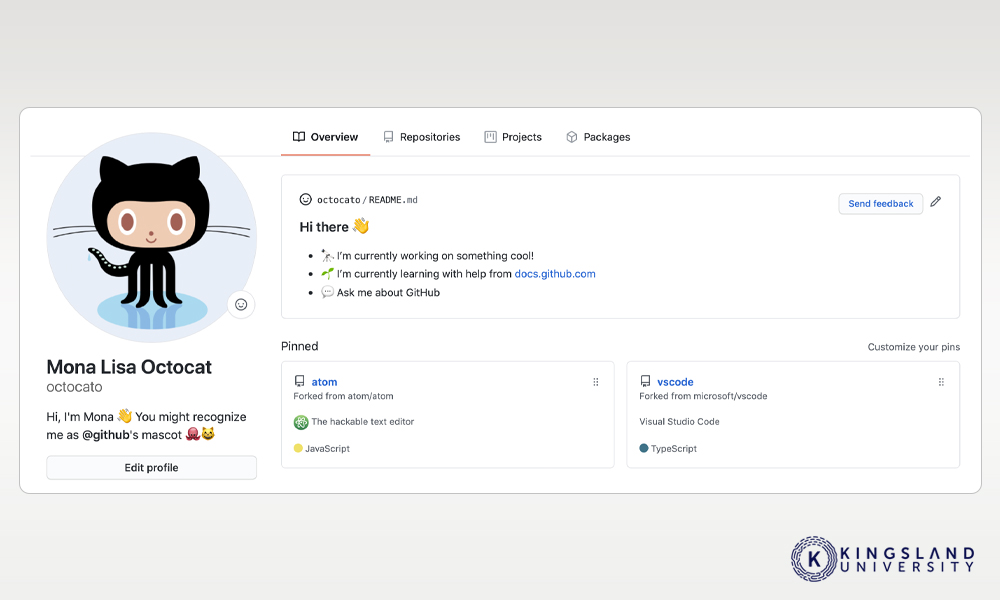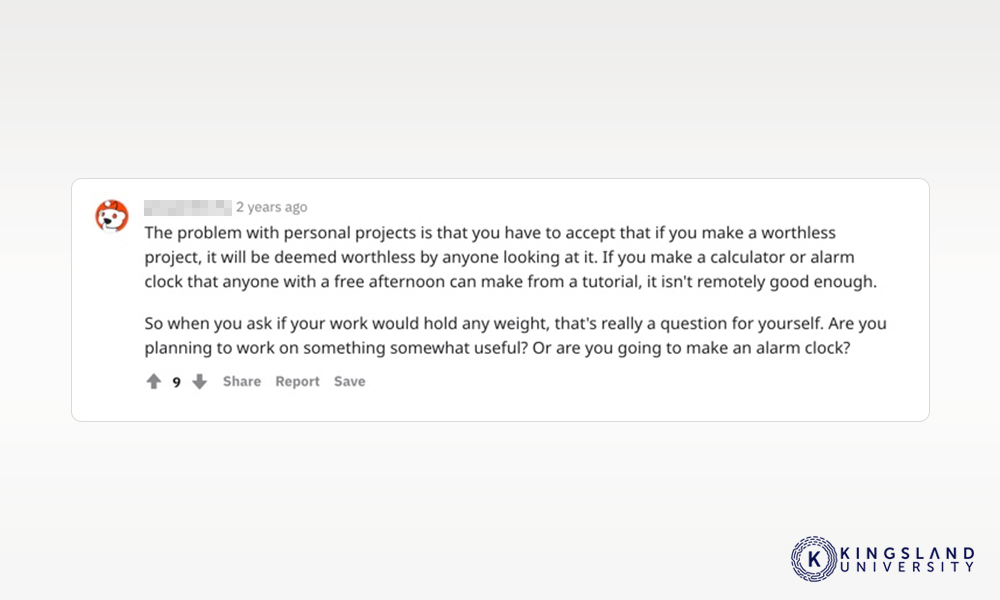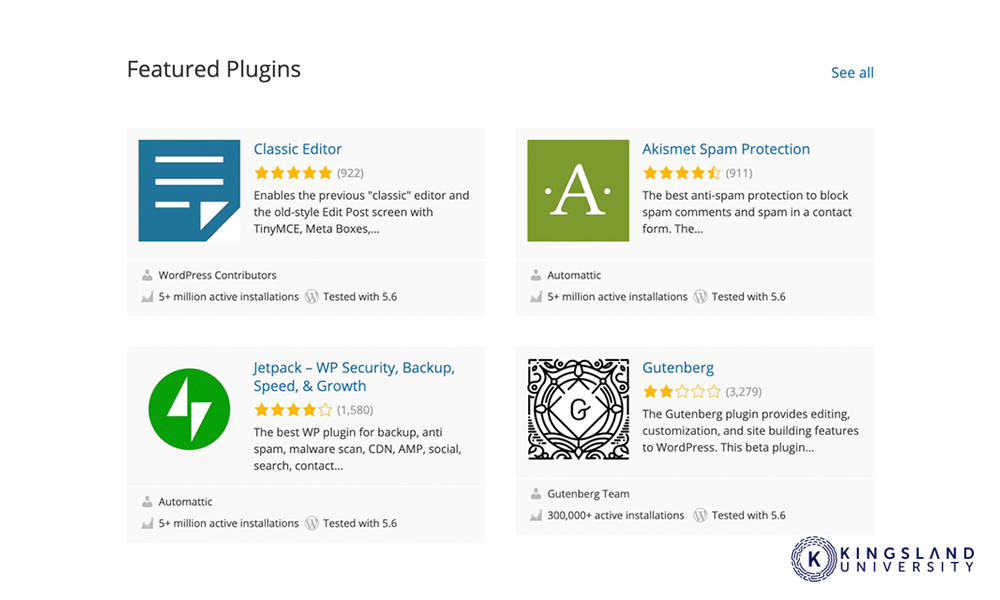
When you’re looking for a job as a full-stack developer, chances are pretty good that you’re going to encounter this specific question. Should you put your personal projects on your resume/CV when applying to jobs, or should you leave them out?
The Argument Against
First, let’s talk about why you might consider leaving personal projects out of your resume when you’re applying for developer positions.
Personal projects don’t necessarily reflect the best practices. First and foremost is the nature of the personal project. Many people have created personal projects using their own hacked-together knowledge of their field, and while the finished product might work, it might not reflect the best way to do things. Violating common rules, business practices, or best practices for development could mean that a personal project can be an active detriment to your job search.
After all, a prospective employer isn’t going to just look to see what you did; they’re going to dig into it and see how it works. If your development project is a black box or is a muddied mess of code, it can be a strike against you as an employee.
Personal projects don’t reflect how well you can handle the pressures of a job. Personal projects can show results, but what they don’t show is how long it took you to develop them. A professional job has time constraints. It requires working with a team, under the guidance of a manager, and with directives specified by a company.

A personal project can show that you get something done, but it doesn’t show anything about how good you are at staying within a project’s scope, at following directions, at working with a team, or at working under time constraints. All of these are important considerations for a company looking to hire a developer.
Personal projects aren’t always relevant to the job you’d be doing. Showing you can build a WordPress theme is great if you’re looking to become a designer. Showing you can build a database is great if you’re looking to become a back-end admin. They don’t cross over. A full-stack developer should have a wide range of skills, but even then, some skills are outside the scope of what a company wants you to do.
People with robust personal lives might not want to spend their time developing. People like to live their lives. You might want to spend your free time hiking, traveling, working out, writing a novel, building 3D models, or even just spending time with your family. You might not have the time or the energy or the focus to build a personal project.
There’s nothing wrong with that! Many companies have begun to acknowledge that an employee with a robust personal life is a happier and more productive employee, so they may not value personal projects as highly as they do someone with commitments, a broad worldly knowledge, or just a robust life outside of work. Again, though, this can vary from company to company.
The HR manager screening your resume might not have any idea what a project is worth. HR people aren’t developers. They don’t necessarily have any idea whether or not a project is worth anything. They may have simple instructions, like “prioritize candidates with personal projects” or “ignore personal projects related to X, Y, and Z”, but they’re less likely to have a deeper understanding of how a project works and what it represents about you.

A personal project might make you stand out in the interview stage, but it might not help you get to the interviews if the person screening resumes (or the applicant tracking system handling it) doesn’t value them. This varies from organization to organization, though.
A motivated student might produce personal projects outside of development. Personal projects can run a wide range of scopes. Maybe you like playing with Blender to create 3D models. Maybe you hand-sculpt tabletop gaming terrain. Maybe you’re a carpenter in your spare time. These are all valuable personal projects to you, but they don’t mean much to an employer, so it’s probably not worth mentioning them unless they come up in conversation in an interview.
So there you have some of the arguments a company might use against putting personal projects on the resume or relying on them as part of your skills, experience, or history. That’s the bad news. What about the good news?
The Argument For
One of the most common pieces of advice you’ll receive as a developer is “build something!” People already in the field love telling people outside of it to do development work on their own time, so they have something to show to the people in charge of hiring. So what are the potential benefits of doing so?
Personal projects are a tangible reflection of your skills and abilities. When you build a personal project, you’re not building something trivial. The kinds of things you show off as personal projects are things you’re proud to have built, not “an alarm clock made by following a tutorial.”
Any prospective employer can look up your profile on GitHub and check out the projects you’ve made. Not only can this show off what you’re into as a developer focus, but it can also allow an employer to look directly at the kind of code you create, to see how compatible your practices are with theirs.

Likewise, showing off something like a WordPress theme can showcase your eye for design and functionality. There’s a lot of potential value to be found there… if the employer looks for it.
Personal projects prove you can get things done. Nothing is better at showcasing your ability to carry a project through to its conclusion more than a finished project. Anyone and everyone can start a project, but comparatively few people ever actually finish their projects. Just ask any writer about their novels-in-progress, and when they plan to edit and pursue them.
Bringing a personal project to life, even if you aren’t trying to sell it commercially, is a great boon. Employers can see that you have a project that you’ve completed and can understand that you can see things through.
Personal projects show a deeper insight into your passions. A big part of modern hiring practices is trying to find employees who aren’t just skilled, but who are a good culture fit. You need to fit in with the interests, morals, philosophies, and objectives of the company you’ll be working for. Personal projects can be a good way for an employer to look at what you’ve done and assess whether you’re a good fit.
For example, a company that loves to play video games (or that is developing a video game) might be more interested in a prospective employee who has game mods or an indie game under their belt as a personal project, over and above a candidate whose personal project is a business SaaS application. It showcases an alignment in passion and attitude.
Personal projects can show that you can use the tools of the trade. Hard skills like knowledge of a programming language or a framework, knowledge of how to use GitHub, and so forth, are all tangible skills you can showcase with your personal projects. Many of those skills translate directly into job responsibilities, so an employer may find it beneficial to look for them. Of course, this depends on you using the same tools and skills that the employer wants you to use, or ones that are compatible with their desires.

Personal projects can differentiate you from your competitors for a job opening. Perhaps the biggest boon of including personal projects on your resume is that they can help you stand out from the pack. Even with the common advice of “build something” echoing throughout the ears of every full-stack developer looking for a job, surprisingly few of them ever actually make something.
When an employer is going through resumes looking for candidates to interview, and they see two people with similar skill sets and educational histories, the one with personal projects is more likely to stand out.
What People Say
All of the above is one thing. We offer a full-stack developer course, so we certainly want to help you get a job, and we’ll recommend what we think will help you. What about what other people say online?

An HR manager on the Workplace StackExchange says that a relevant personal project is equivalent to work experience. In fact, given some non-compete clauses and contracts about what you can state relating to your work history, a personal project can be more beneficial than work history alone.
Others on a different StackExchange thread concur. They mention that a personal project can help a lot when it comes to showcasing your skills and experiences outside of what you’ve learned through a boot camp or school. However, they mention that you may want to get a professional appraisal for your personal projects, to give them that extra kick of value for an employer.
Various CEOs and hiring managers on Quora have a similar response. They like looking at GitHub profiles and personal projects to get a sense of what kind of work and habits a prospective employee brings to the table.
Conversely, some jaded users of Reddit feel like personal projects might not be worth that much. Either everyone has personal projects so they don’t make you stand out, or the project isn’t actually valuable and doesn’t reflect well on you. Then again, others in the same thread have the exact opposite advice. That’s Reddit for you.

Alvaro Montoro, a full-stack engineer, brought the discussion to Twitter back in 2019. Discussions on his thread provide more insight as well and come to the same conclusion: your mileage may vary. Some people find that personal projects landed them an otherwise unobtainable job, while others found they didn’t contribute much at all.
How to Determine Which Projects to List
If you want to use personal projects as part of your resume or CV, you certainly can, and it might benefit you in your job search. The question is, how do you use them? Here are our tips.
Make sure to choose a relevant project for the job. If you’re applying for a job working with WordPress, having a personal project where you developed a WordPress plugin is going to be a lot more valuable than a personal project where you built a sorting algorithm.

This comes down to a common piece of advice everyone should follow: tailor your resume to the job you’re applying for. Know what they’re doing and what they’re looking for, and focus your skills and experience on those facets of the industry. A full-stack developer should have a wide range of skills to showcase, so picking the most relevant skills is always a good idea.
Make sure your personal projects reflect well on you. If your personal projects are simple applets anyone could make following a few tutorials, they don’t show anything about you other than your ability to do the bare minimum.
Your personal projects need to be weighty and reflective of your abilities, not something you made in a few days to have something on your resume.
Don’t use personal projects in place of professional experience. Our biggest recommendation is to add an additional section to your resume where you highlight your personal projects, rather than trying to use them in place of industry experience. Industry experience is important for other reasons, like showing your ability to work with a team and with a company. Personal projects serve a different role and should have their own section.
So, there you have it. Our advice is that you should embark on personal projects and follow your passions and if they help you with your job search, then great! If not, well, you still have personal projects to build and perhaps turn into something more on your own.
What are your thoughts? Do you think personal projects are worth including as experience? Let us know your thoughts!


